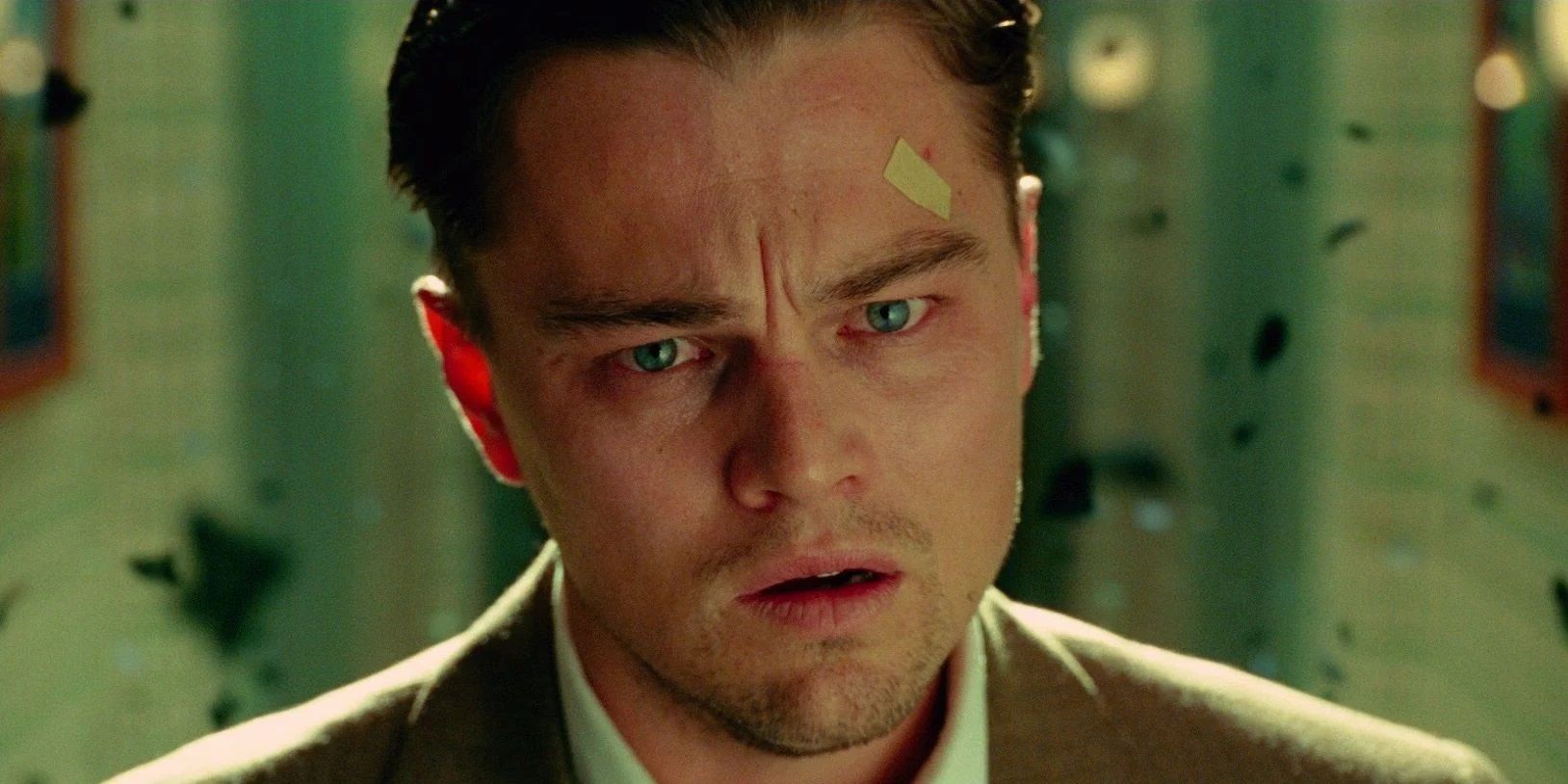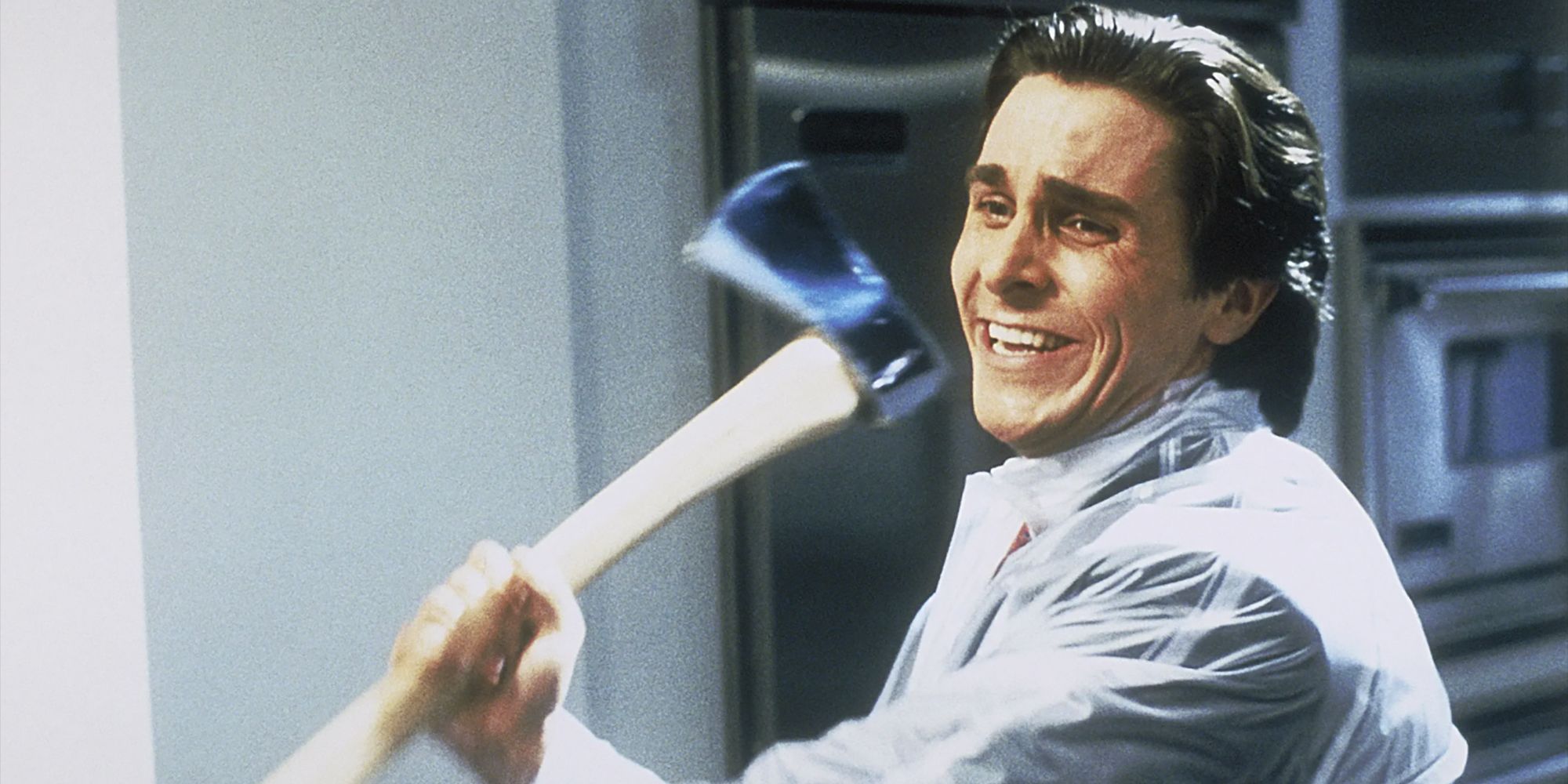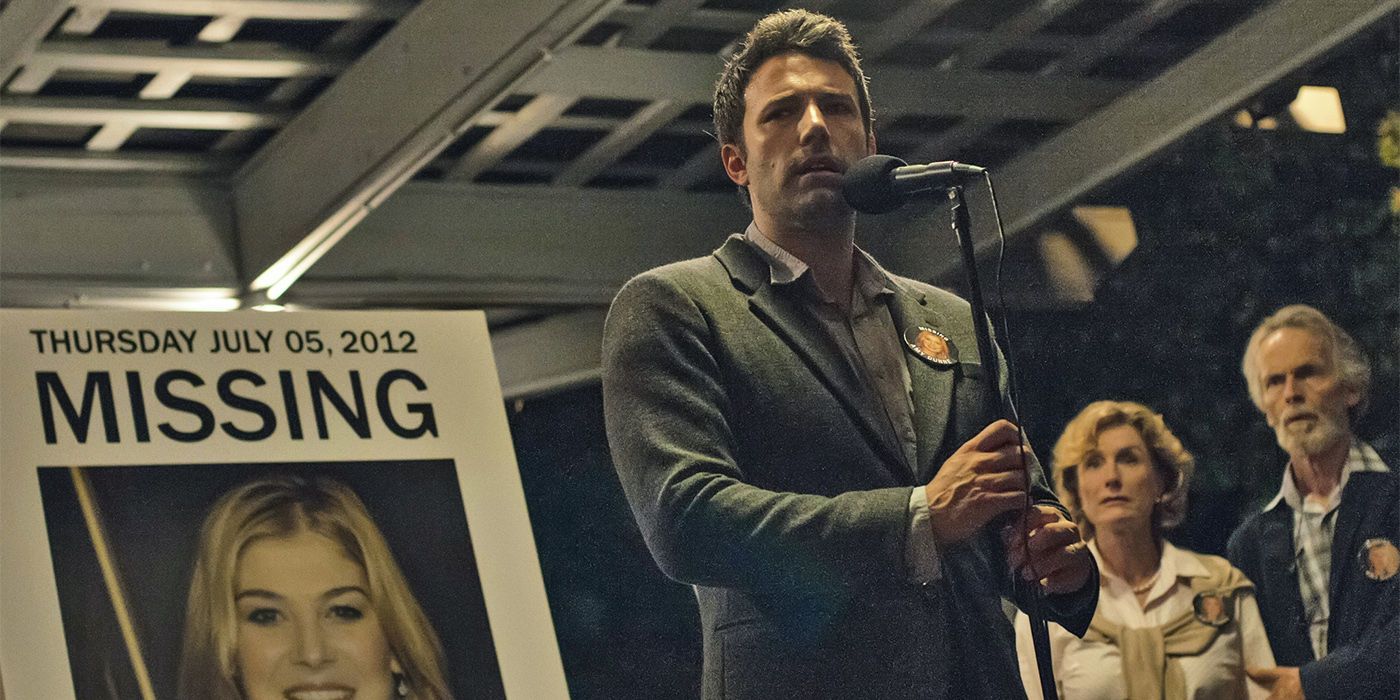Movies seek to tell audiences interesting and engaging stories, yet, there exists a principle in which these stories are manipulated and made unreliable based on the character whom the story is following. This method of narrative is called an unreliable narrator, and there have been plenty of great movies that feature unreliable narrators.
Sometimes, a movie is even better when audiences have to interpret the events of the movie themselves. Whether it’s due to the events not adding up, or the fact that they’ve been taken on a selective joyride based on what the narrator thought they saw or did. By not trusting the narrator, audiences tread carefully on the plot ahead.
8 Memento (2000)
Christopher Nolan excels in providing unique and confusing movie experiences that require plenty of visual exploration to fully understand. Memento is one of his films that exists in a non-linear space and has audiences tumble through a maze of a story as they try to figure out what’s going on. For not only is the story told backward, but the narrator, Leanord Shelby, has anterograde amnesia, and cannot recall new events.
Therefore, Leonard forgets whatever he is involved in unless it is written down or tattooed on his skin. Leonard is unreliable because he does not know where the plot progresses, and audiences are left watching fragments of his interestingly untrustworthy memories of the past and future.
7 Fight Club (1999)
Throughout Fight Club, audiences don’t exactly pay attention to the fact that Edward Norton’s character has not had his name uttered yet. Much like Norton’s character, the audience is too enamored by the performance of Brad Pitt and the elusive and charismatic Tyler Durden to notice. Fight Club is perhaps the epitome of an unreliable narrator, as Tyler Durden and Norton’s characters are the same.
There’s an intimate level of commentary surrounding commercialism, materialism, and corporate culture when it comes to Fight Club, and many may find themselves in agreement with Durden’s philosophy, even if it can be a tad radical. The narrator is completely unreliable though, as he isn’t even aware of over half of the events of the movie, and the audience is just as blind as Norton’s character.
6 Joker (2019)
The exploration of mental illness and the exploitation of lower-class society makes for a heavily thematic movie in Joker. Although this film has its roots in DC Comics culture, with a dark iteration of The Joker’s origin story, it tells a far deeper story than what one would expect of a “comic book movie,” and with the lead of Joaquin Phoenix, there’s an intimate and chilling performance for Arthur Fleck.
As audiences become familiar with this grimy version of Gotham City, they will learn to understand Arthur Fleck, or so they believe. Many scenes involving Arthur can be sporadic, and at times, he will be seen crawling into fridges, dancing, or even headbutting his cell in Arkham. It begs the question of if the events of the film are true, or if Joker is simply swindling another story for his psychiatrist, as the real Joker prefers an origin story to be multiple choice.
5 Shutter Island (2010)
As far as detective noirs go, Shutter Island seeks to be both a homage and a subversion. The film follows U.S Marshal Edward “Teddy” Daniels and his partner as they travel from the Boston Harbor to a psychiatric facility on Shutter Island. What awaits the two is a mystery not just involving a missing patient, but true identities.
As the film progresses through the intrigue and dread of an ominous psychiatric facility, Teddy is faced with many twists and turns in the plot, some that even involve the backstory that makes the audience begin to turn on him as a narrator in this highly intriguing and paranoia filled thriller.
4 American Psycho (2000)
This cult classic black comedy may follow the life of a deranged murderously lustful investment banker played by the charming Christian Bale, but there’s a much deeper reading of American Psycho than what meets the eye. Across the film, many individual details can change the interpretation of the movie, and from the opening monologue of Patrick Bateman, audiences are made aware that there is something off about this human.
Not only does Patrick Bateman indulge in some horrific behavior, but as the film progresses, it begs the question of what events happened. Bateman is never diagnosed with any mental illnesses, but some scenes are too utterly wild to be true. Even Bateman finds himself unaware of what exists in reality and what has become a part of his delusions.
3 Forrest Gump (1994)
By no means is Forrest Gump completely unreliable, he is just simplistic and naïve, which just further adds to the uniqueness of his character. As an individual, Forrest Gump is entirely special and utterly innocent around the hurtful and hurting world that exists around him. Forrest Gump is a wonderful movie that explores culturally significant events in the 20th century, which Forrest seems to be involved in without most knowledge of the what and the why.
Due to Forrest Gump’s inability to understand certain things around him, he tells audiences beautiful stories when it is far from the case. One such instance surrounds Jenny’s father, whom he describes as loving as he always kisses her, but is unaware that the kissing is abusive and wrong.
2 Blade Runner (1982)
For decades, the identity of Deckard has come under question. Even director Ridley Scott and actor Harrison Ford have argued time and time again surrounding whether Deckard is a replicant or a human. Deckard’s identity matters in the reading of Blade Runner, as his dreams would indicate that he is not a human, as would Gaff’s origami.
Although Blade Runner leaves a lingering question about Deckard’s existence, what matters is that he could be an unreliable narrator for the film because he cannot be trusted with his own identity. If he is a replicant, then it means he’s hunting his kind and is just as much a slave as the escaping replicants are, but even if he is human, he is still just as much shackled to his career.
1 Gone Girl (2014)
After Amy Dunne goes missing after the fifth wedding anniversary of her and Nick, her husband is left amidst a media frenzy surrounding his affair, the discovery of Amy’s diary, and just what has happened to her. It’s a thrilling film that puts guilt at center stage, with Nick being the prime suspect in Amy’s disappearance.
The film takes a turn on the narration of the diary, as it turns out that the written events of lies, abuse, and betrayal were just a ruse, a fake diary left behind by Amy as she fakes her death and leaves her cheating husband to crumble. Gone Girl is a genius in the realm of unreliable narration, and the perception of Nick and Amy will change drastically as the film progresses.

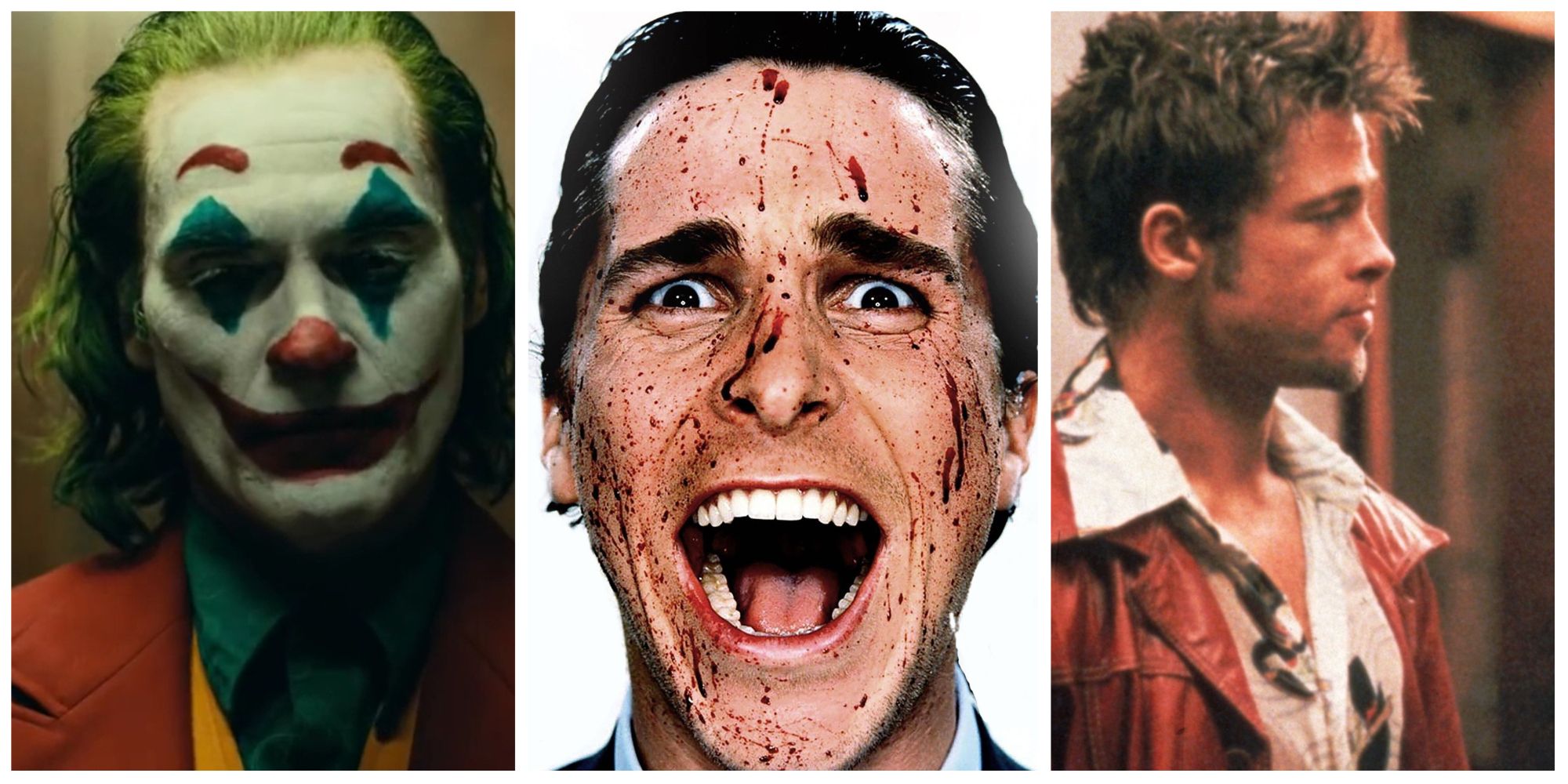
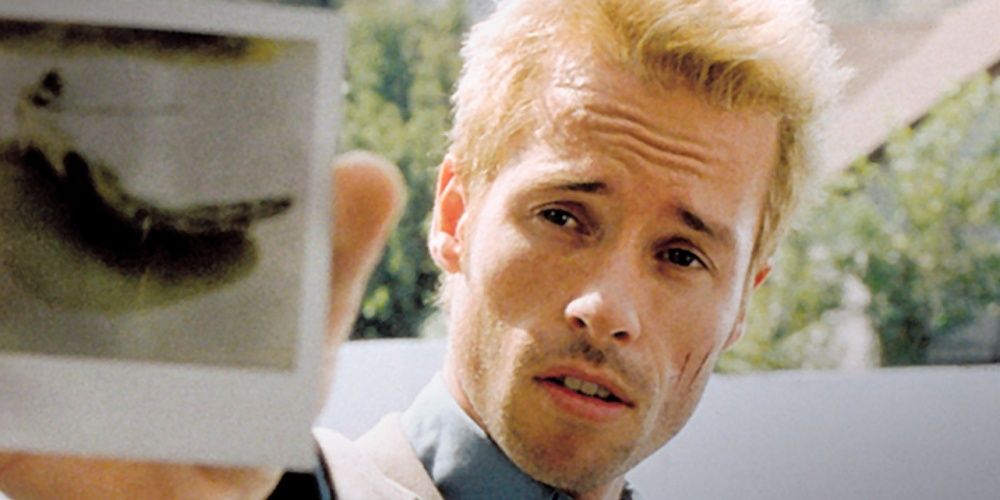
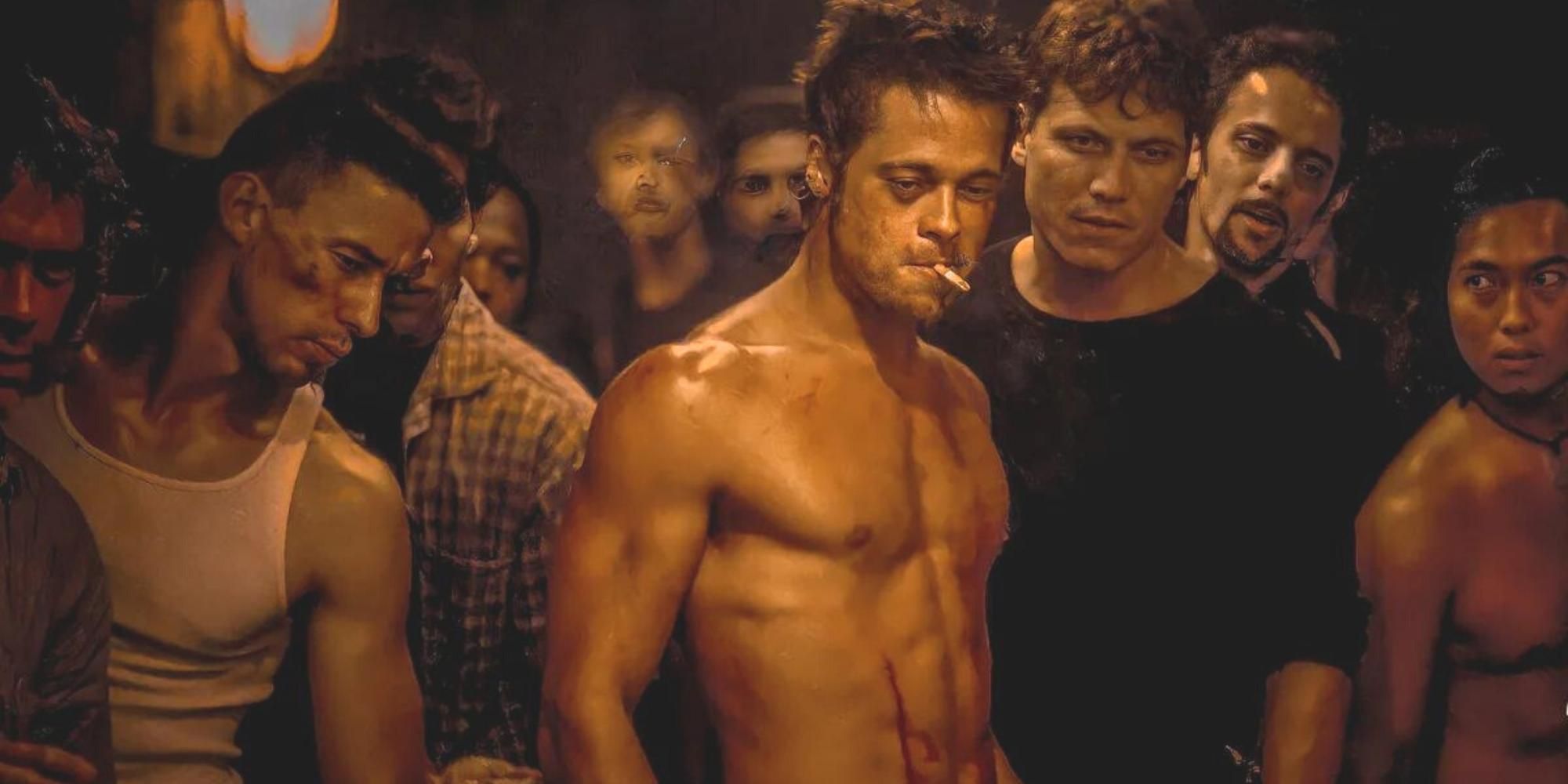
.jpg)
